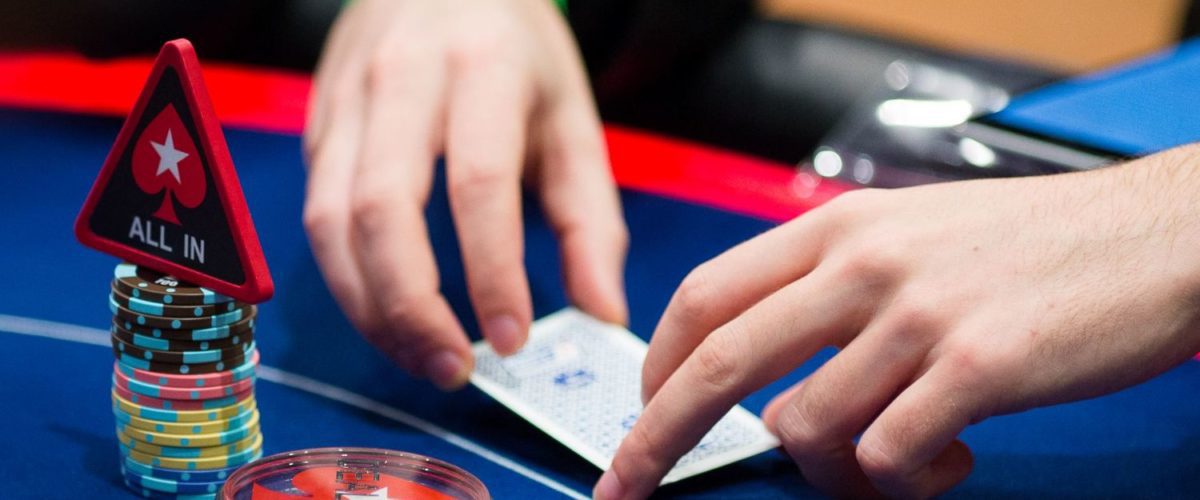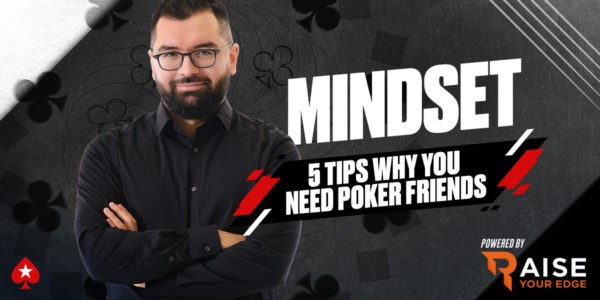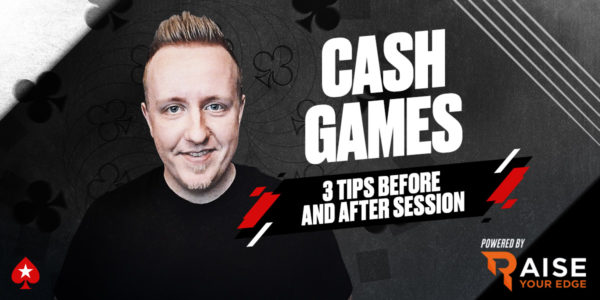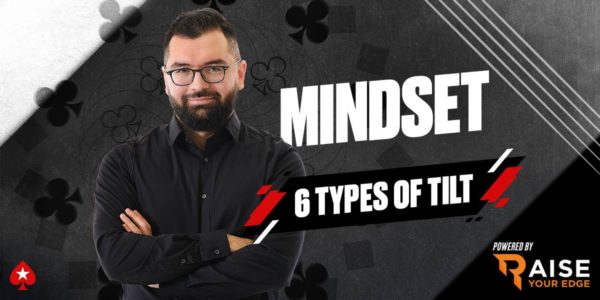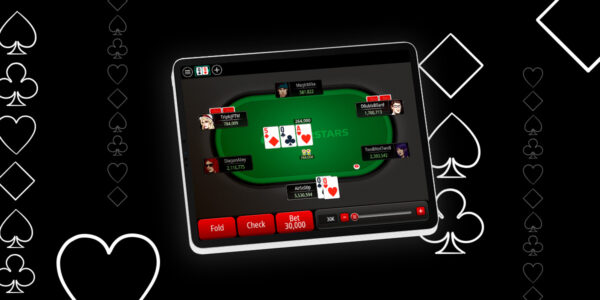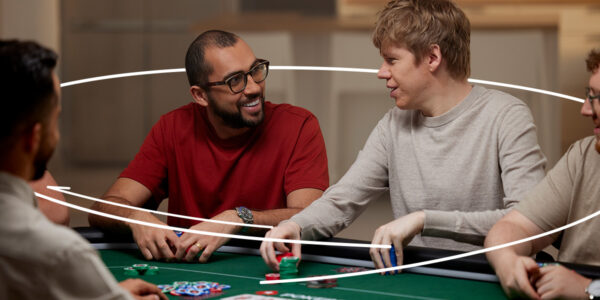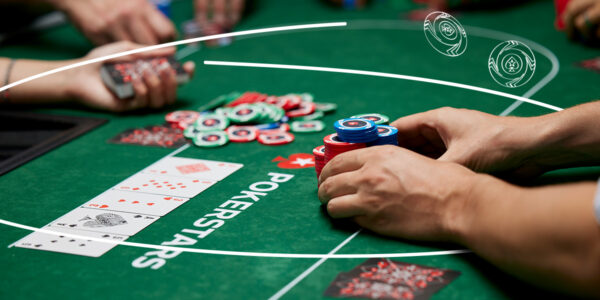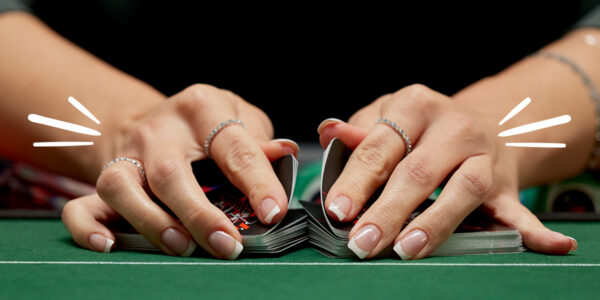Finding Bluffs Where Others Don’t
Perhaps the easiest type of fold you can make occurs in a spot where people do not bluff enough. The most classic situations where the average player fails to inject enough air into his betting range is on a high wet board, particularly in a big pot.
Filtering
When someone bets and someone calls. ranges get filtered. The caller would not have called the bet with everything and so their range does not contain the very worst hands anymore. This process continues further when multiple bets go in throughout the hand, causing ranges to become more weighted towards value hands and draws. When lots of draws get there, on the turn or river, and yet more money goes into the middle, it is hard for people to find hands to bluff with.
Anticipating the Future
The biggest reason for people ending up with value heavy ranges is that they do not get imaginative fast enough. A skill well worth practicing is identifying when your hand is close to the bottom of your range in terms of showdown value. When this becomes the case, if you never use that combination as a bluff, you will end up betting a predictably strong range.
How to Find Unnatural Looking Bluffs
I played a hand half an hour ago where I opened in the CO with at 100NL ZOOM to $2.39 with 10♦10♥. Villain in the BB 3-Bet to $10 and I made the call. My hand is a pure call. I could consider doing some 4-betting with the tens from later position but not from the CO.
On the flop of A♦K♠8♦ ($20.50) Villain bet one third pot as the population prefers to do with all of their range in this spot. My hand is a mix between call and fold according to the solver. It is crucial here that if you’re going to peel a small bet with an underpair, that you have one of the better underpairs plus the backdoor flushdraw, otherwise the EV is just too low against a competent player. If your opponent is too placid and not bluffing enough on turns and rivers, then you want to always call this hand. This time I decide to call.

The turn ($33.36) comes the J♠ and my opponent checks. This is great news for me because most players do not manage to find enough checks with nutted hands here. Their ranges are usually under-protected. Let’s face it, my hand has very poor showdown value now. It is also one of the few hands in my range that has the ability to bluff with a good amount of equity. I could also turn some hands like JTs into a bluff here, but apart from that, there are not many appealing options.
At the same time, my range contains a lot of value combos such as QTs AJs QJs etc. When pool faces aggression, they will probably end up folding a fair bit by the river as calling down with hands like AQ is just not very appealing against most humans. Note that a solver will call with such a hand on the turn and then call the river most of the time because it is trying to prevent villain from making money by bluffing. Therefore, my plan is to bet the turn, then bink a queen on the river, and failing that, to follow through with the bluff on the next card. I bet $18.65 and Villain calls.
The river brings the blank 6♣. Villain checks and I shove. He is supposed to call with most of his AQ and then all of his two pair and better, with the exception of KJs which actually blocks quite a few of my bluffs (JTs, KTs). I am banking on my opponent not finding enough of these one-pair call downs.
I get snapped by A♥A♣. The conventional meaning of cooler is: ‘losing a large pot in an unavoidable spot.’ That definition might not apply here, but to me this hand is very much a cooler.
While technically, I could have avoided bluffing off a stack against top set, if my assumptions about the population are correct, then I expect Villain to fold enough here to make bluffing turn and river better than giving up with the tens. Even if pool is not folding as much as I think here, my bluff is not a disaster in theory and is necessary for balance some of the time.
Villain played the hand well. Top set does a fantastic job of blocking most of my weaker calling hands so this makes value-betting an inferior choice to checking. Moreover, the aces unblock a lot of my bluffs which never contain an Ace given the huge showdown value of Ax.
A good hand by Villain. But what would he have done with AQ or AK on the river? The value of my play depends on those combinations being folded more than they should be in theory.
Summary
- It is hard for most humans to find bluffs when the board is high and when there has already been some filtering of ranges.
- Finding bluffs that most people fail to find increases your EV against the average reg.
- I used TT as an example of one of those bluffs in this hand.
- I used a mixture of game theory and exploitative assumptions to arrive at the conclusion that I should bluff both turn and river.
- We are not trying to fold out top set so I must refrain from condemning my play just because I got called!
Condimentum Nibh
Donec sed odio dui. Cras mattis consectetur purus sit amet fermentum. Vestibulum id ligula porta felis euismod semper. Curabitur blandit tempus porttitor.

